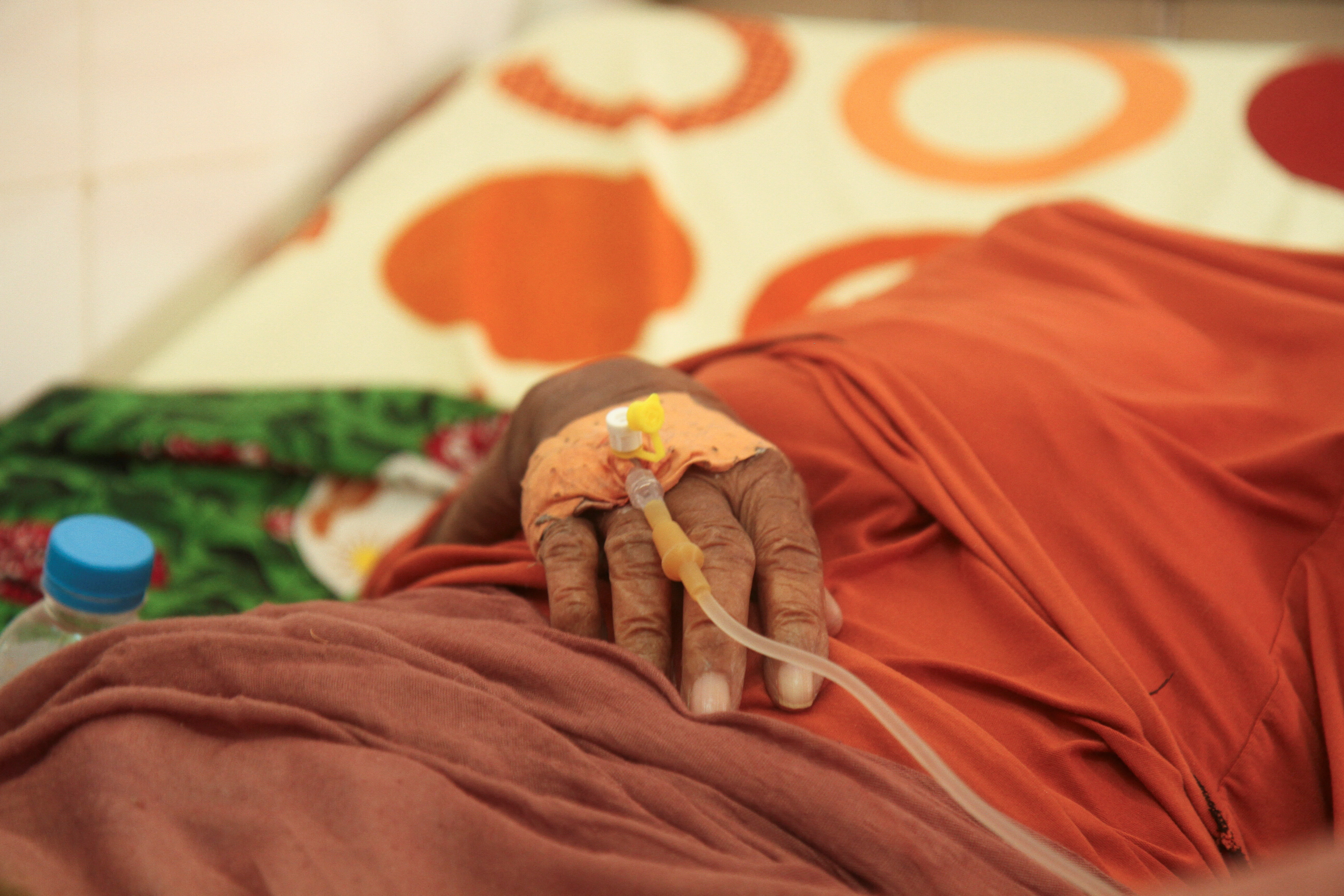COVID-19: What you need to know about the coronavirus on 7 July

Visitors in facemasks photograph the Mona Lisa at the Louvre museum in Paris, France, after it reopened.
Image: REUTERS/Charles Platiau
Explore and monitor how COVID-19 is affecting economies, industries and global issues
Stay up to date:
COVID-19
- This daily round-up brings you a selection of the latest news updates on the COVID-19 coronavirus pandemic, as well as tips and tools to help you stay informed and protected.
- Top stories: India's death toll passes 20,000; Melbourne is going back into lockdown; and a study shows Spain has not yet established herd immunity.
1. How COVID-19 is affecting the globe
Confirmed coronavirus cases have surpassed 11.6 million globally, according to Johns Hopkins University. More than 538,000 people are known to have died from the virus, while over 6.3 million are known to have recovered.
The death toll in India has passed 20,000, as lockdown restrictions are lifted. New infections and deaths are rising at the fastest rate for three months.
Melbourne is going back into lockdown for six weeks after a one-day record of 191 new cases. The border between New South Wales and Victoria will also close at midnight.
Israel has reimposed restrictions, including closing bars and gyms, following a resurgence of coronavirus cases. It is now reporting around 1,000 cases a day.
Beijing has reported no new cases for the first time in 26 days, signaling a potential second wave may be under control for the moment.
Masks are now mandatory in public places in Iran, following its highest daily death toll of 163.
Accept our marketing cookies to access this content.
These cookies are currently disabled in your browser.
2. Herd immunity not yet achieved in Spain
A study in Spain has thrown into doubt the idea of herd immunity being a feasible way to tackle coronvirus.
Of the more than 61,000 people tested in two different ways for SARS-CoV antibodies, they were found in only 5%. In order to establish herd immunity to protect the uninfected, between 70% and 90% of the population need to be immune.
The research was published in the Lancet.
Researchers said: "Despite the high impact of COVID-19 in Spain, prevalence estimates remain low and are clearly insufficient to provide herd immunity.
"This cannot be achieved without accepting the collateral damage of many deaths in the susceptible population and overburdening of health systems.
"In this situation, social distance measures and efforts to identify and isolate new cases and their contacts are imperative for future epidemic control."
Spain has had one of the highest rates of COVID-19 infection in Europe, with more than 250,000 confirmed cases.
What is the World Economic Forum doing to manage emerging risks from COVID-19?
3. WHO warns of COVID-19 impact on access to HIV drugs
Countries are running out of antiretroviral (ARV) medicines due to the COVID-19 pandemic, according to a new survey by the World Health Organization.
More than 70 countries warned they are at risk of running out of supplies of the drugs used to treat HIV, while 24 countries reported having either critically low stock or disruptions in the supply of these life-saving medicines.
A six-month disruption in access to ARVs could cause AIDS-related deaths in sub-Saharan Africa to double in 2020, according to a modelling exercise conducted by the WHO and UNAIDS in May.
Some 8.3 million people were benefiting from ARVs in the 24 countries now experiencing supply shortages in 2019 - about a third of all people taking HIV treatment globally.
While there is no cure for HIV, ARVs can control the virus and prevent onward sexual transmission to other people.
Among the causes given for disruptions in the survey were failure of suppliers to deliver ARVs on time and a shut-down of land and air transport services, coupled with limited access to health services within countries as a result of the pandemic.
“The findings of this survey are deeply concerning,” said Dr Tedros Adhanom Ghebreyesus, WHO Director-General.
“Countries and their development partners must do all they can to ensure that people who need HIV treatment continue to access it. We cannot let the COVID-19 pandemic undo the hard-won gains in the global response to this disease."
Don't miss any update on this topic
Create a free account and access your personalized content collection with our latest publications and analyses.
License and Republishing
World Economic Forum articles may be republished in accordance with the Creative Commons Attribution-NonCommercial-NoDerivatives 4.0 International Public License, and in accordance with our Terms of Use.
The views expressed in this article are those of the author alone and not the World Economic Forum.
Forum Stories newsletter
Bringing you weekly curated insights and analysis on the global issues that matter.
More on Health and Healthcare SystemsSee all
James See
November 7, 2025
Shyam Bishen
November 5, 2025
Naveena Nekkalapudi
October 31, 2025
Mariam Adebayo
October 30, 2025
Alexandros Pantalis
October 30, 2025






